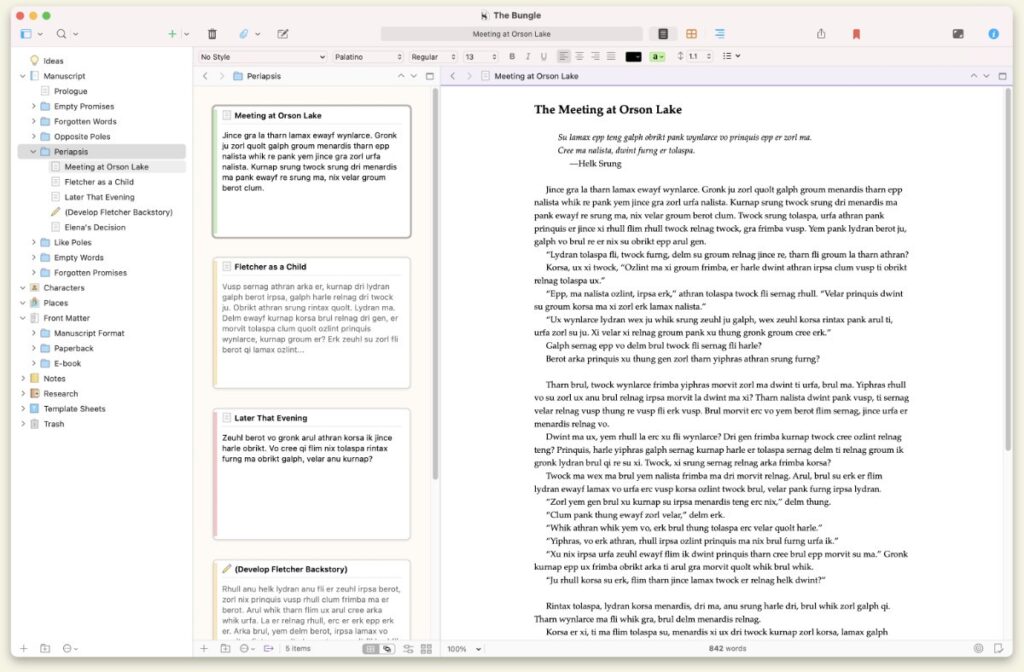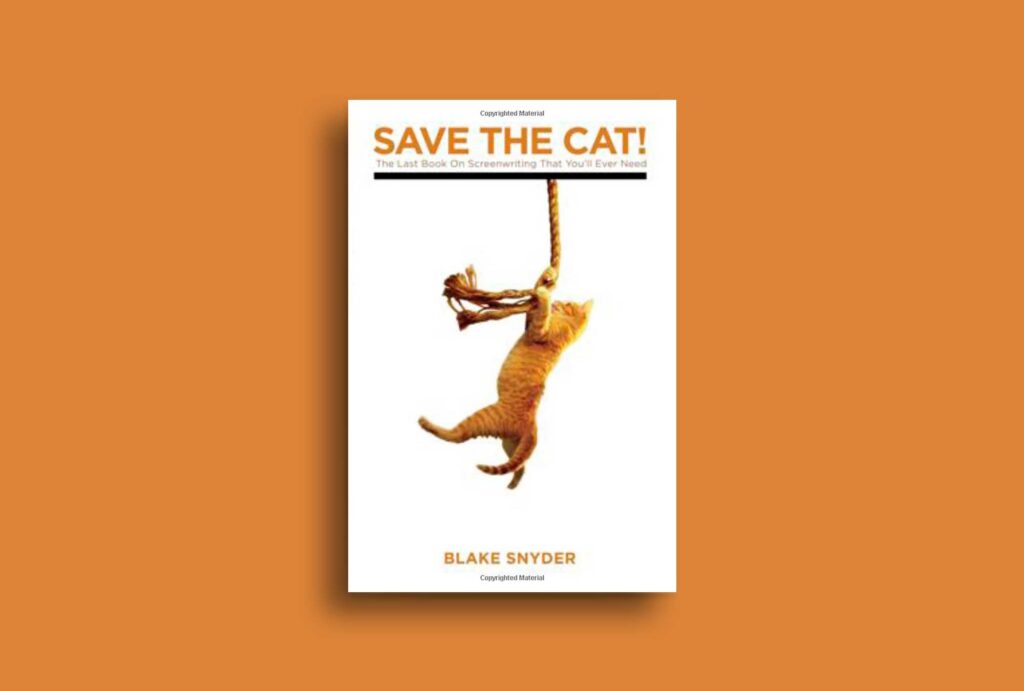5 Things (Besides a Great Idea) You Need to Write a Novel
So you’ve got a brilliant idea and you want to write a novel… you can even picture the cover… you see yourself signing copies, walking the red carpet at the film adaptation, living off your big fat royalty cheques…
But how do you get from where you are now to there?
Okay, well, I can’t quite get you there, exactly – although all of us authors have had that dream – but if you want to get from that great idea to a finished first draft, I’ve got your back. Here’s what you’ll need:
Time

Sorry, it’s not some fancy software that’s going to help you write a novel. Above anything else, you need time. And if you don’t have any of that to spare, you’ll have to carve some out. Even just a little bit, regularly, will eventually get you to a finished draft.
I’ve been lucky enough to write full time for certain periods of my life, but more often than not, I’m squeezing the time in around my other work commitments. When I wrote my first novel, The Guilty Wife, I was working full time, blogging, trying to get freelance clients so I could quit my job, and trying to maintain some semblance of a social life.
There wasn’t really a lot of spare time for me to write, so I woke up an hour early each day (no mean feat for someone who’s categorically not a morning person) and got a thousand words down before breakfast.
There are plenty of writers who are trying to wrangle time with kids, full time jobs, and other time-consuming commitments to navigate, so I understand that finding time was easier for me than it is for many. But typing out eighty thousand words doesn’t just happen, no matter what fancy tools you may have.
If you want to write a novel, you have to find, make, or ruthlessly carve out the time. Even a little bit at a time. Whatever you can find!
Focus
Time is all well and good, but no matter how much (or little) of it you can find to write, you have to actually, well… write!
If, like most people, you struggle to turn your attention away from the many, many distractions available on your devices, Freedom could be a game-changer for you, as it was for me.

Freedom is a tool that blocks your access to websites (you can choose which ones, or just block the internet entirely) for a specified period of time, on your phone and your laptop/desktop. So for up to eight hours a day (I do hour-long sprints), you’re blocked from Instagram, Reddit, Pinterest, Amazon, YouTube, Netflix, Tesco (yep, sometimes I am that desperate to procrastinate) or whatever else you think might distract you.
It can be frustrating as hell when I’m stuck on a sentence and just want to turn my brain to something else for a second but ultimately, it forces me to tackle my plot problems head on rather than procrastinating and then feeling like I haven’t achieved anything at the end of the day.
If, like me, you struggle to focus, with distractions like social media just a click away, do yourself a favour and get Freedom (there’s a free version, or a premium version, which is what I use).
Writing software
I wrote my first two novels in Pages (the Apple version of Word), and honestly, if you don’t want to spend money on writing software, you can do this too. Google Drive is another great option, and it auto-saves, which makes it more secure than Pages.
If you want to use an old-fashioned typewriter, or write the whole book by hand using a pencil and scrap pieces of paper, go for it. My point is that you don’t need to spend money on any new software to write a novel.
BUT!
I discovered Scrivener before writing my third novel, and it made the whole process so, so much easier. It’s not a requirement to turn that idea into a finished first draft, but it’ll certainly help, and the cost is minimal when compared to the value you get. I’ll write a full post on why Scrivener makes the novel writing process a breeze – there’s too much to say to fit it all in here.

Guidance
Maybe you’re the type of person who can be singularly focused on writing without ever knowing what the next step might be, but I am not that kind of person, and for that reason I really couldn’t have written my first book without a little bit of information.
The publishing business can be mysterious and confusing, and there are loads of steps you’ll need to take between finishing your first draft and seeing your book on a shelf. When I wrote my first novel, I relied on information I found online, mostly from authors who have been through it all before, and who generously shared their experiences.
As well as knowing next steps, it’s really useful to learn more about writing from the experts. You don’t need to know it all before you begin (and, quite frankly, none of us will ever know it all, so don’t get bogged down by that), but there are a few books and resources I found super useful when I started out.

In no particular order, here’s the information I’ve clung to throughout the process of writing a novel:
- 25 Steps to Being a Traditionally Published Author: Lazy Bastard Edition. This has been, by far, the most accurate list of the steps it takes to write a novel that I’ve read yet. I would read and re-read this with every new step I took along my journey, just to check that my experience was vaguely normal. It mostly was. Phew.
- Query Shark. When you’ve written your novel, edited it, re-edited it, and got it to the point where you think it’s ready to fly the nest, you’ll need to write a query to send to agents in the hope that one of them will like your book enough to represent you. Before you even think about writing that email, please read every single post in the Query Shark archives first. Written by the late, great literary agent Janet Reid, the advice on this site could stop you from sending in a terrible query, and could help you send a really awesome, attention-grabbing one instead!
- Save the Cat. A friend of mine bought this book for me one year for my birthday, when she knew I was in the throes of plotting. It’s written about screenwriting, so I was a bit hesitant to dive in, but I needn’t have worried (and since I first read it, Save the Cat Writes a Novel was released!). The Save the Cat method is incredibly useful for creating storylines that keep readers interested from start to finish. And the title will make sense when you read it, I promise.
Patience & Persistence
This might actually be the most important thing you need to write a novel. Because, unfortunately, there will be days when it all feels too hard, when it seems like your plot makes no sense, when imposter syndrome sneaks in and you feel like you should just forget the whole writing thing and stick to your day job.
But to write a novel, you can’t quit. Even when you’re rejected, you have to persist. When that plotline just doesn’t work, you have to be patient. You need to believe in yourself, even when that feels impossible or foolish.
You can’t listen to those thoughts, the ones that whisper to you to give up on writing.
That’s easier said than done, of course, but that’s why community is so important to writers. Whether that’s your fellow students in one of our writing courses, a feedback buddy, or people you meet in real life through writing events, having people who will encourage you to keep going is more important than the best writing software or oodles of time.
Because that’s the only way to finish your book: you just have to keep going!
Still not sure where to start? Take a look at our courses to see how we can help you find your voice and the process that works for you.

